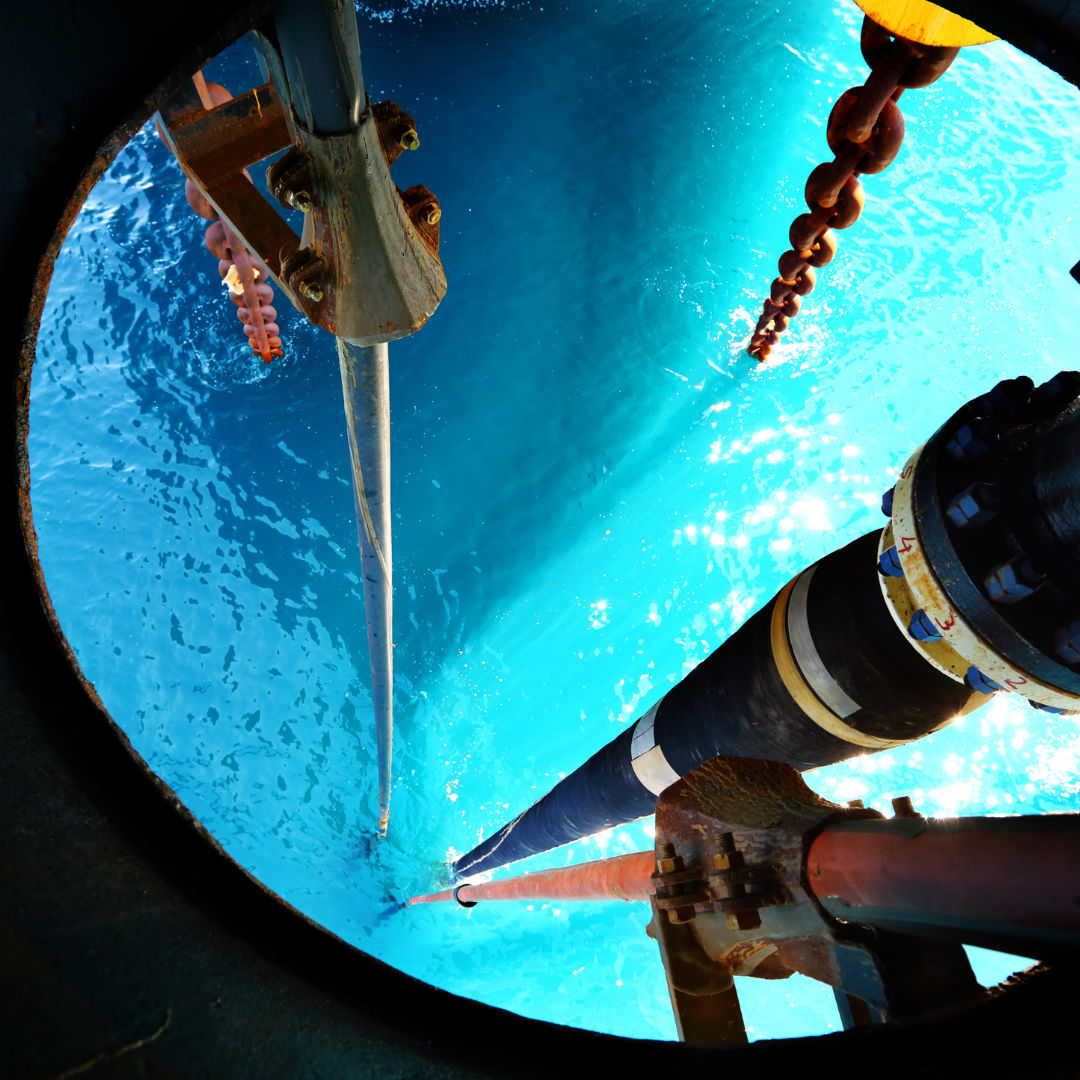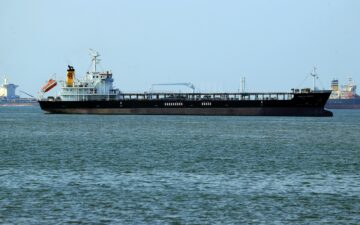Advocates for deep seabed mining (DSM) claim it promises a gilded, sustainable future chock full of electric vehicles, but at what cost? Between breakthroughs in new battery technology, technical risks, and a lack of regulations, opening the ocean up to mining is a shortsighted choice.
Innovation in Electric Vehicle Batteries
A just and green transition into a sustainable future is critical to slowing the impacts of climate change. To do so, the global community needs to reduce fossil fuel emissions. Some suggest that new sources of metals like nickel, copper, cobalt, and manganese are needed and that those metals could be sourced from the deepest parts of the ocean.
However, new research nearly daily reveals that this “need” is not as urgent as some say. For electric vehicles, innovation in battery technology has advanced beyond metals found on the seabeds. Rather than nickel and cobalt, new batteries will use lithium, iron, phosphate, and sodium.
- Tesla’s Model 3 predominantly uses lithium iron phosphate (LFP) batteries
- Sodium-ion batteries, or batteries made using table salt, are being pursued in China
- Apple’s battery manufacturer made a recent breakthrough in lithium batteries with higher storage capacity

Operating advanced equipment in the ocean is also incredibly difficult. High pressure, corrosive seawater, two to three miles below the surface, and freezing temperatures are just a few conditions that would add risk and cost to any potential mining operation.
“Everything [in the ocean] breaks. Everything is difficult… You’re talking about sustained heavy mining operations in depths that exceed the depth of the Titanic.”
Victor Vescovo, private equity investor, undersea explorer
Deep Seabed Mining is a Large-Scale Industrial Project
Deep seabed mining projects would be large-scale industrial undertakings similar to offshore oil and gas. Two-thirds of such projects end up costing 50 percent or more than initially budgeted. Research from the International Seabed Authority, the regulator of DSM projects in the Area (international waters outside of national jurisdiction), found that prices for commercial metals after production begins face high uncertainty, causing the minerals from the seabed to become uncompetitive and potentially generate little or no profit. The same study shows that 12 mining contractors would only produce 8.7 percent of global nickel combined even at full capacity – not enough to move the needle on terrestrial production.

A Renewable Future Requires a Just Transition
Working toward a sustainable and renewable future requires a just transition where everyone is lifted. The current promise of DSM exists in a time where international regulation is incomplete, there is high uncertainty about profit, and many costs are unknown, even while scientists agree that damage to the ocean is guaranteed. Mining for these metals in the ocean would add one more source of non-renewable extraction of the earth’s resources in a time where a shift to a renewable, recyclable, and circular economy is critical to ensuring the longevity of the human race.
Twenty-seven countries have taken a stand to protect the ocean, calling for a pause, ban, or moratorium (long pause) on deep seabed mining. Communities, individuals, Indigenous people, and local communities, technology, batteries, EVs, and car companies worldwide agree that the ocean must be protected.
Want a deeper dive? Check out our latest report:






